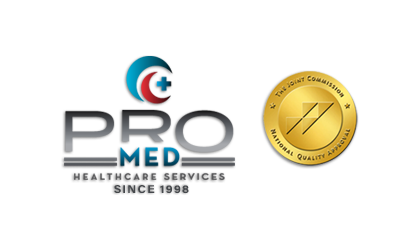A huge social topic in nursing nowadays is therapeutic relationships in nursing or if nurses have enough time to create healthy relationships with the patients they take care of. There are many different circumstances in the medical field that can affect these kinds of situations. Here is a look into some of the difficulties nurses face trying their best to be altruistic in the duties of their job.
Understaffing
In many Medical Networks, Nurses are one of the most needed positions in the scope of what hospitals do. The cause of that is increasing conditions in patients and the need for more staff. Most hospitals try the best they can but unfortunately become understaffed anyways. Nurses want to be able to create a meaningful space for their patients to feel cared for and heard, and understaffing creates a problem for this because nurses have to rush through their patients in order to get their work done for the entirety of their shift.
Work Processes
Expounding off of being understaffed, because of being understaffed, many work processes have to be sped up, because the market for hospitals and patients is always increasing. Nurses don’t get the time to converse with their patients, calm them, love on them and maybe even be there for their patients emotionally. There are a large number of patients that dont have family members to rely on so being in a hospital by themselves is very daunting. Having a nurse with them to calm them and conversely helps the patient relax in a sometimes stressful environment.
A Benefit of Being a Nurse
One of the benefits of being a nurse is being able to fulfill roles in different hospitals and practices. There will always be a need for staffing. Nurses can easily switch positions and look for other opportunities in multiple areas of the medical field. Where there is a need, the position can be filled. This allows nurses to be in even smaller practices where they can easily tend to and spend more time with patients, allowing them to truly provide the best care.
Whether it’s being a Nurse at a large networked hospital, or smaller practices, the function of a nurse is extremely vital in carrying out daily medical practices. Nurses are just as important as any other job in the medical field. They are essential for the continued success of Doctors, Practitioners and Medical Networks alike. Learn more about Therapeutic Relationships in Nursing.
For more information about RN, CNA’s, and other healthcare job opportunities visit here..

